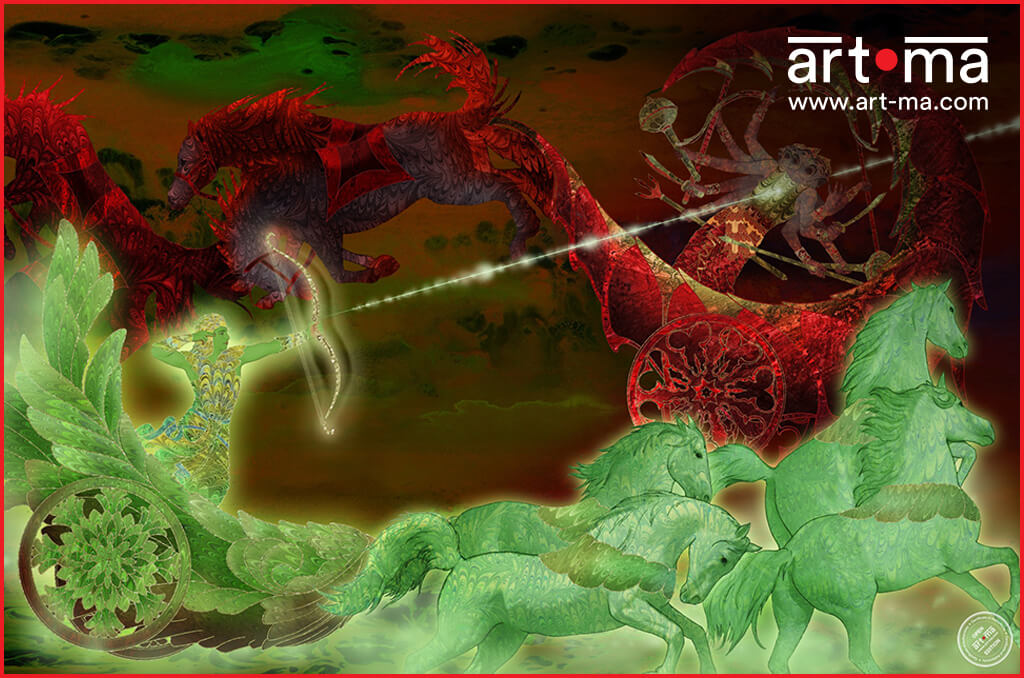How would we know what goodness is if it isn’t seen through the prism of evil? For evil teaches us all that we shouldn’t be. It helps us value all the good things in our life. Goodness can prevail in the world only if all that is evil is destroyed. The role of Ravana, the antagonist in the Ramayana, serves as a reminder of this lesson.
Ravana was a demon king who ruled over Lanka (modern-day Sri Lanka). He had 10 heads, which represented all the qualities that he possessed. These were lust, greed, delusion, pride, will, intellect, mind, ego, envy and anger. He had 20 hands that represented his immense power.
The story of why Ravana had such evil traits dates back to before he was born. His mother, Kaikesi’s father, Sumali, wanted his daughter to marry someone more powerful than him, so that he may be blessed with an extraordinary heir. As no king proved to be more powerful than Sumali, sages were approached. Kaikesi chose sage Vishrava to be her husband. But the sage warned Kaikesi that she had approached him at an inappropriate time, when he was praying, and so, their children would be attracted to evil. But the two got married anyway, and thus, Ravana was born.
While his good qualities made him a great leader and a learned scholar of the vedas, his bad qualities clouded his judgement. His greed for power led him to usurp the kingdom of Lanka from his uncle, Kubera. His lust for Sita and desire to control her took him down a path of self-destruction.
His envy of Rama led to him kidnapping Sita and taking her to Lanka. Here, he imprisoned her, an indication of his great ego that wished to possess something it could not have along with his delusion that this was the only way she could be his. His pride stopped him from doing the right thing and setting Sita free, and his anger led to him having to fight Rama to keep her under his control—a battle that he eventually lost.
Conflict and unhappiness followed Ravana throughout his life. His deep-rooted insecurities were the reason he designed a life for himself that gave him anything but peace. The Indian festival of Dussehra celebrates Ravana’s death at the hands of Rama. His antagonising ways brought suffering to many. His lack of a moral compass and refusal to adhere to societal norms led to his downfall. These qualities of Ravana are inherent in all of us. But his story teaches us that we must always allow our good qualities to guide us through life, for the bad ones will only lead to destruction.

